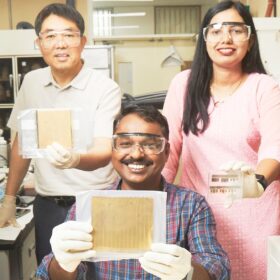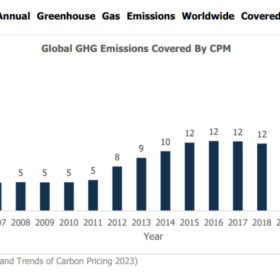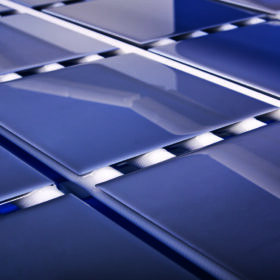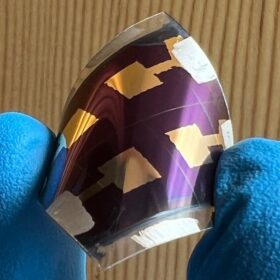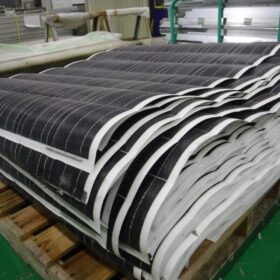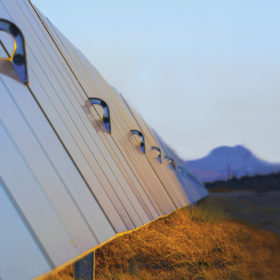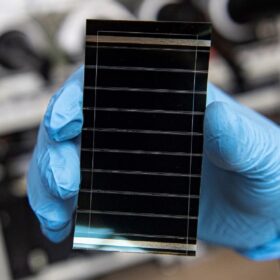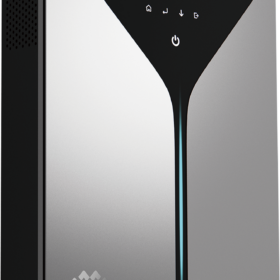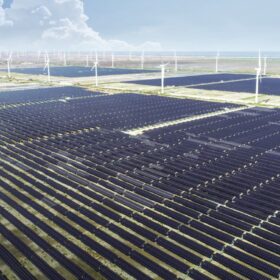All-inorganic phase heterojunction perovskite solar cell with 21.59% efficiency
An international research team has developed high-efficiency solar cells with a 21.59% efficiency rating by using an all-inorganic phase heterojunction approach. The team used an anti-solvent-free DHA method to produce high-quality, inorganic perovskite thin films, resulting in better device performance under ambient conditions.
Unveiling India’s carbon credit revolution: From local initiatives to global impact
The Indian carbon credit system, operating under the Clean Development Mechanism (CDM) and the United Nations Framework Convention on Climate Change (UNFCCC), stands ahead in several aspects.
Wafer formats continue to evolve
Differences in wafer and module specifications, which have bedevilled solar developers in recent years, could now be narrowing.
Flexible indoor perovskite solar cell achieves 32.5% efficiency
Italian scientists have developed a flexible indoor perovskite solar cell with 32.5% efficiency. Their design uses a PET substrate combined with a tetrabutylammonium bromide layer over the perovskite absorber. This additional layer effectively reduces defect density and enhances the stability of the underlying 3D perovskite structure.
Advancing circular economy in photovoltaics: The Hot Knife PV module recycling method
Recycling is of significant importance in a circular economy, yet some challenges have to be faced when recycling PV modules. The novel Hot Knife method to separate the crystalline silicon photovoltaic module front glass from the backsheet contributes only a few permill to the life cycle related potential environmental impacts of PV electricity.
First Solar explores potential of quantum-dot solar modules
In a joint development effort with UbiQD, thin-film solar manufacturer, First Solar, is exploring the potential use of quantum dots in enhancing solar photovoltaics.
Combining PV with pumped hydro storage in open-cast coal mines
Indian scientists have suggested building pumped-hydro storage systems connected to solar plants using mines as the lower reservoir and nearby rivers as the upper reservoir. They claim that the proposed combination may reach a levelized cost of energy of $0.2693/kWh.
U.S. startup to produce perovskite glass for tandem modules
Caelux secured series A funding to deploy perovskite glass that can be integrated with existing solar manufacturing processes to boost module efficiency.
Biwatt unveils new residential sodium-ion batteries
Biwatt Power, a Chinese manufacturer, has developed new residential sodium-ion batteries with an efficiency rate of 97% and a projected lifespan of more than 3,000 cycles.
L&T selects Sungrow inverter solution for 2.2 GW AC solar plant in Saudi Arabia
Sungrow will supply its 1+X modular inverter solution to the 2.2 GW AC solar plant of the NEOM green hydrogen project. The PV plant is being executed by Larsen & Toubro on an EPC basis.
